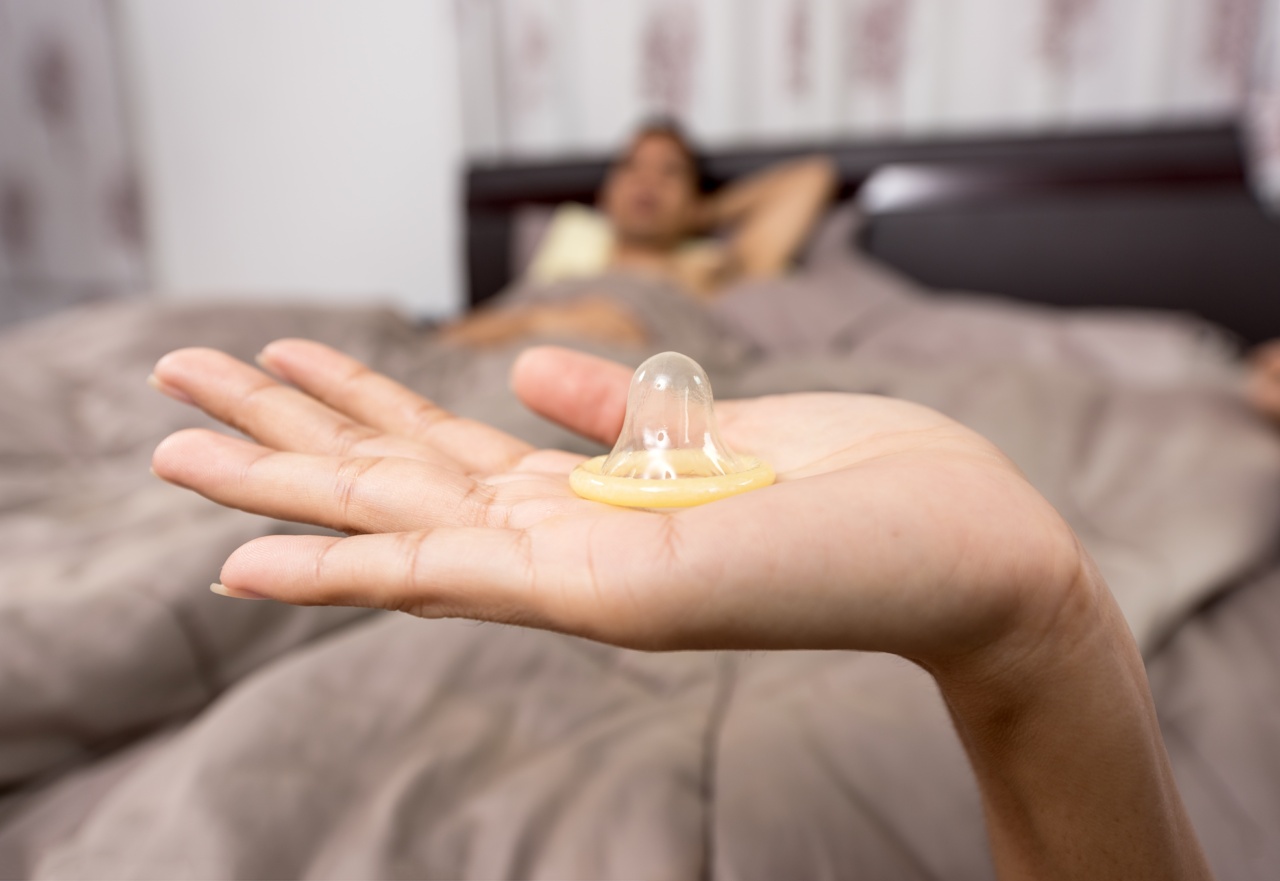Engaging in sexual activity without protection can have potential risks and consequences. While it is always advisable to use protective measures such as condoms or other forms of contraception, there may be instances where unprotected sex occurs.
In such cases, it is crucial to take certain actions afterward to minimize the risk of unwanted pregnancy, sexually transmitted infections (STIs), and other health concerns. In this article, we will discuss the steps to take after having sex without protection.
1. Emergency Contraception
If you have had unprotected sex and are worried about the possibility of pregnancy, emergency contraception can be an option.
Emergency contraceptive pills (ECPs), commonly known as “morning-after pills,” can be effective in preventing pregnancy if taken within a specific timeframe. Levonorgestrel and ulipristal acetate are two types of emergency contraception available in most countries.
2. Get Tested for STIs
Participating in unprotected sex puts you at a higher risk of contracting STIs. It is crucial to get tested for STIs, even if you don’t experience any immediate symptoms.
Many STIs do not show symptoms right away and can lead to complications if left untreated. Visit a healthcare provider or a sexual health clinic to get tested for STIs and discuss any concerns you may have.
3. Communicate with Your Partner
After engaging in unprotected sex, it is essential to have an open and honest conversation with your partner. Discussing the situation, your concerns, and potential next steps can help both of you navigate the aftermath together.
If you are unsure about your partner’s sexual history or if they have been tested for STIs, it may be necessary to have this conversation before deciding on the next course of action.
4. Consider HIV Post-Exposure Prophylaxis (PEP)
If you have had unprotected sex with a partner whose HIV status is unknown or who is known to be HIV positive, you should consult a healthcare provider about the possibility of HIV Post-Exposure Prophylaxis (PEP).
PEP involves taking antiretroviral medications shortly after potential exposure to reduce the risk of contracting HIV. The effectiveness of PEP decreases significantly the longer one waits to start the treatment, so it is essential to act promptly.
5. Monitor Your Body
After unprotected sex, it is necessary to monitor your body for any unusual symptoms or changes. Look for signs like unusual discharge, genital itching, pain while urinating, or anything else that seems out of the ordinary.
While these symptoms may not always indicate an STI, it is vital to be aware of any potential changes and seek medical attention if necessary.
6. Get Vaccinated
Some STIs, such as human papillomavirus (HPV) and hepatitis B, can be prevented through vaccination. If you have had unprotected sex, it is recommended to consult your healthcare provider about getting vaccinated against these infections.
Vaccination can provide long-term protection and significantly reduce the risk of contracting certain STIs.
7. Schedule a Follow-Up Appointment
Regardless of the outcome or steps you take immediately after having unprotected sex, it is advisable to schedule a follow-up appointment with a healthcare provider.
They can perform further testing, answer any remaining questions, and provide guidance on future prevention strategies. A follow-up appointment also offers an opportunity to address any emotional concerns you may have after the incident.
8. Learn from the Experience
Engaging in unprotected sex without prior discussion or consent can be a learning experience. It is important to reflect on the situation and identify ways to avoid such risks in the future.
Open communication, education about safe sex practices, and understanding each other’s boundaries can help prevent similar situations from occurring again.
9. Seek Emotional Support
Having unprotected sex, particularly if it was unintentional or carried out under pressure, can lead to emotional distress. It is essential to seek emotional support from a trusted friend, partner, or counselor.
Discussing your feelings and concerns can help alleviate anxiety and provide a safe space to process the experience.
10. Practice Safe Sex in the Future
One of the most important outcomes of engaging in unprotected sex is recognizing the importance of practicing safe sex in the future.
Take this experience as an opportunity to educate yourself and your partner about contraception methods, regular STI testing, and open communication about sexual health and boundaries. Consistently using protection can significantly reduce the risks associated with unprotected sexual activities.





























